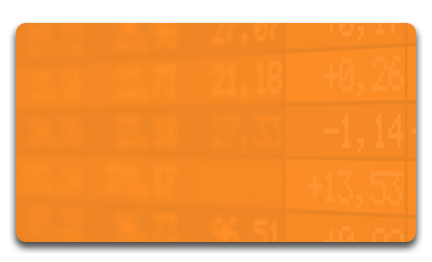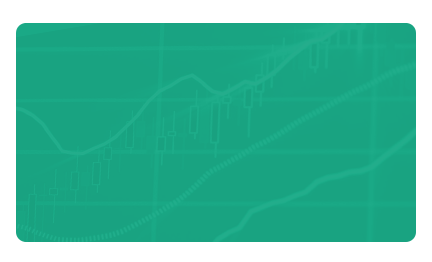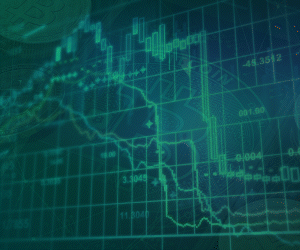Going public is a significant step in every firm’s life. Country specific accounting standards and regulations determine the life of all companies, listed or not listed on the stock exchange. In the case of public companies, the rules of the country’s stock exchange must be met as well (apart from the laws and the accounting regulations concerning ALL businesses). This means more publicity, transparency, and obligation to inform the public and the shareholders about company related issues.
The process of going public is implemented by businesses specialised in these procedures (investment banks). For an IPO, the following two fundamental steps must be executed:
- The firm’s operations (accounting, decision making, general business regulations, etc) must be reorganised to comply with the stock exchange regulations.
- The value of the firm must be estimated realistically, as the opening price of the share is based on the valuation.
The latter is especially important in this course, because the appearance of a new firm on the stock exchange is always an interesting event. The trading of the new shares starts at a pre-specified time, during the opening hours of the exchange. This is element is fundamental and easy to handle, because the lack of information protects the players on the market from trouble.

Moments after the IPO, two scenarios are possible. One is when the trading starts with huge interest in the new shares and within minutes, millions of shares circulate between the market participants. In this case, the price of the share starts rising rapidly. The share price will also fluctuate: compared to the initial price, the pike during the day will be considerably higher. At the end of the day, the closing price will end up somewhere between these two prices. The most famous IPO in the history of NASDAQ happened with BIDU: the initial price of a share was $65 and within two hours, the price climbed up to $150.
The other scenario is when the market shows small interest in the new shares. There will be small number of deals with the share and the closing price will stay close to the initial price. Big drops in share prices immediately after IPO happen rarely, as it would indicate the lack of expertise of the firm executing the IPO (regarding the valuation of the company). In the United States, it is even possible to ask for compensation if this happens.



















